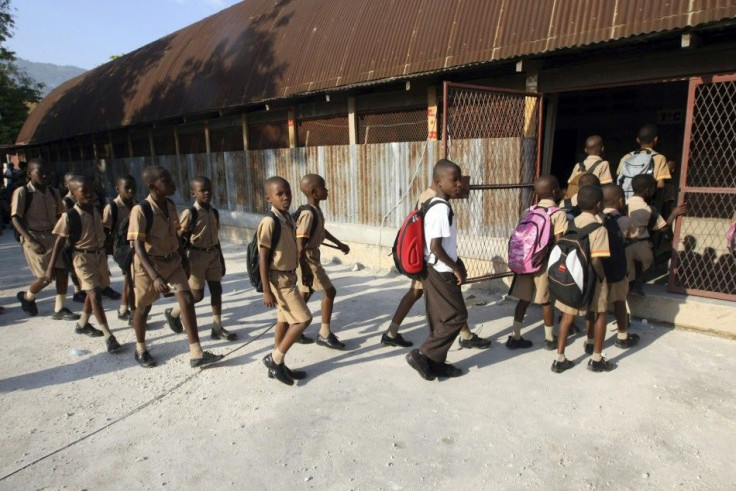Rebuilding Haiti is Going to Take Science, Science Education, Report Says

Science and science education will be vital in rebuilding earthquake-damaged Haiti, according to a new report.
A Report on Advancing Haitian Science and Science Education Capacity was published by the American Association for the Advancement of Science (AAAS).
It was compiled by researchers from Haiti, other Caribbean countries, Africa, the U.S., and members of the Haitian diaspora, according to AAAS CEO Alan Leshner.
Nations such as Rwanda and Vietnam, which have endured historic disasters, have made focused investment in science and education and today are achieving remarkable advances, Leshner said in a report message. And because many of our most pressing challenges in public health, food security and environmental protection are regional, it is essential that we establish partnerships and work together to address them.
The reports calls for strengthening the relationship between the country's science communities, universities and private sector.
The report also suggests establishing internationally-funded research programs and increasing collaboration between members of the Haitian and international science communities.
The report also calls for creating science fairs with prizes and establish awards for Haitian scientists and graduate students.
© Copyright IBTimes 2024. All rights reserved.











